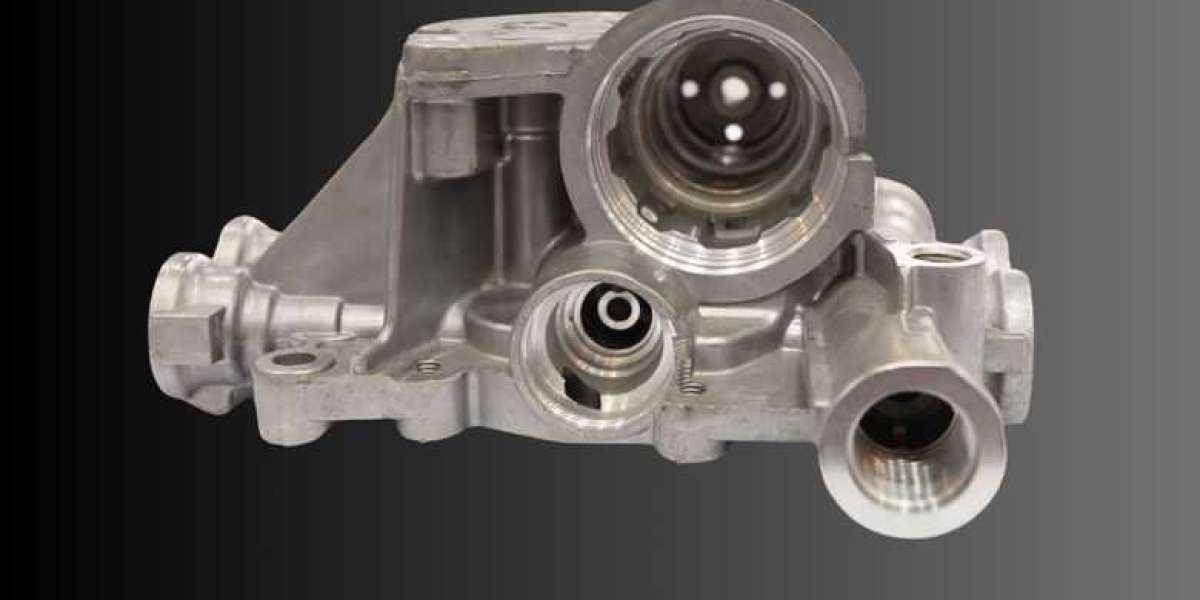Casting, the process of pouring molten metal into a mold, is a fundamental manufacturing technique. However, the resulting castings often require further refinement to achieve the precise dimensions, intricate details, and desired surface finish for specific applications. This is where machining comes in, transforming rough castings into highly functional and aesthetically pleasing components. This guide explores the fascinating world of machined casting, delving into the processes, benefits, and applications that make it a crucial step in modern manufacturing.
The Casting Foundation: A Blank Canvas for Precision
Casting provides the initial shape and form of a component, acting as a foundation for subsequent machining operations. The choice of casting method, be it sand casting, investment casting, or die casting, influences the initial surface finish and dimensional accuracy of the casting.
Machining: Shaping Precision and Functionality
Machining involves removing material from the casting using various tools and processes to achieve the desired shape, size, and surface finish. Common machining operations include:
- Turning: Rotating the casting against a cutting tool to create cylindrical or conical shapes.
- Milling: Using a rotating cutter with multiple cutting edges to remove material and create complex shapes.
- Drilling: Creating holes in the casting using a rotating drill bit.
- Boring: Enlarging existing holes to precise dimensions.
- Planing: Using a reciprocating tool to create flat surfaces.
- Grinding: Removing material using abrasive wheels to achieve a smooth surface finish.
The Benefits of Machined Casting:
Combining casting and machining offers several advantages:
- Cost-Effectiveness: Casting provides a cost-effective way to create complex shapes, while machining allows for precise finishing and customization.
- Design Flexibility: Casting allows for intricate designs, while machining provides the ability to create precise features and tolerances.
- Material Versatility: Machining can be applied to a wide range of cast materials, including aluminum, iron, steel, and bronze.
- Improved Performance: Machined castings offer improved dimensional accuracy, surface finish, and overall performance compared to unmachined castings.
Applications: Where Machined Castings Shine
Machined castings are found in countless applications across various industries:
- Automotive: Engine blocks, cylinder heads, transmission housings, and suspension components often require machining to achieve precise tolerances and surface finishes.
- Aerospace: Aircraft components, turbine blades, and landing gear parts require high-precision machining for optimal performance and safety.
- Machinery: Gears, shafts, housings, and other components in heavy machinery often require machining for durability and performance.
- Medical Devices: Implants, surgical instruments, and other medical devices require precise machining for safety and functionality.
- Consumer Products: Machined castings are used in a wide range of consumer products, from smartphones and laptops to appliances and furniture.
The Future of Machined Casting: Innovation and Automation
The future of machined casting lies in embracing innovation and automation. Advanced machining technologies, such as CNC machining and 3D printing, are enabling more complex and intricate designs with greater precision and efficiency. Furthermore, automation is increasing productivity and reducing human error, leading to higher quality and consistency in machined castings.
From the rough casting to the final, precisely machined component, the combination of casting and machining plays a vital role in modern manufacturing. This synergistic process enables the creation of complex and high-performance components that drive innovation across countless industries. As technologies continue to evolve, machined casting will continue to play a crucial role in shaping our world.








